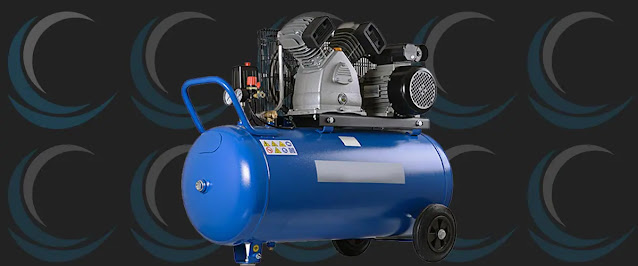How To Select The Perfect Air Compressors For Your Industry?
Choosing the right air compressor is crucial for optimizing operations in any industry. Whether you're in manufacturing, automotive repair, or construction, the efficiency and performance of your tools heavily rely on the air compressors powering them. With a wide variety of options available—ranging from piston to rotary screw compressors—it's important to understand which features align with your business needs. Factors such as pressure requirements, energy consumption, and maintenance costs can influence your decision. Here's a guide to help you make an informed choice and find the perfect air compressor for your industry.
1. Understanding Your Industry Needs
Every industry has specific air compressor requirements. For instance, a woodworking shop may need a low-pressure, high-volume air compressor to operate multiple tools simultaneously, while a manufacturing plant might demand a high-pressure system to power heavy-duty machinery. Identifying the types of equipment you'll be powering helps you determine the required pressure and airflow capacity.
2. Consider Air Compressor Types
There are several types of air compressors, each suited to different industrial applications:
- Piston Compressors: These are widely used in industries requiring intermittent use and lower pressure.
- Rotary Screw Compressors: Ideal for continuous operation and industries that demand a steady air supply, such as automotive and food processing.
- Centrifugal Compressors: Known for their ability to handle large volumes of air, making them ideal for large-scale industrial plants.
3. Evaluate Performance Specifications
When selecting air compressors, it's essential to focus on the pressure rating (PSI), airflow capacity (CFM), and horsepower (HP). The PSI (pounds per square inch) determines the pressure level needed for different tasks, while CFM (cubic feet per minute) measures the air volume delivered. High-demand industries often require compressors with a higher CFM to handle multiple operations simultaneously.
4. Energy Efficiency and Maintenance
Energy efficiency plays a vital role in long-term operational costs. Look for compressors with energy-saving features, such as variable speed drives or automatic shut-off capabilities. Maintenance is another critical factor—opt for compressors that are easy to service, reducing downtime and repair expenses.
5. Portability and Size
Depending on the nature of your industry, you may need portable air compressors. Construction sites, for example, often require mobile compressors that can be easily moved to different locations. Conversely, stationary compressors are better suited for large-scale operations where portability isn’t necessary.
Conclusion
Selecting the perfect air compressor for your industry requires a clear understanding of your operational needs and the type of work environment you have. By evaluating factors like air pressure, compressor types, and energy efficiency, you can ensure that you’re choosing the right tool to boost productivity and lower operational costs.



Comments
Post a Comment